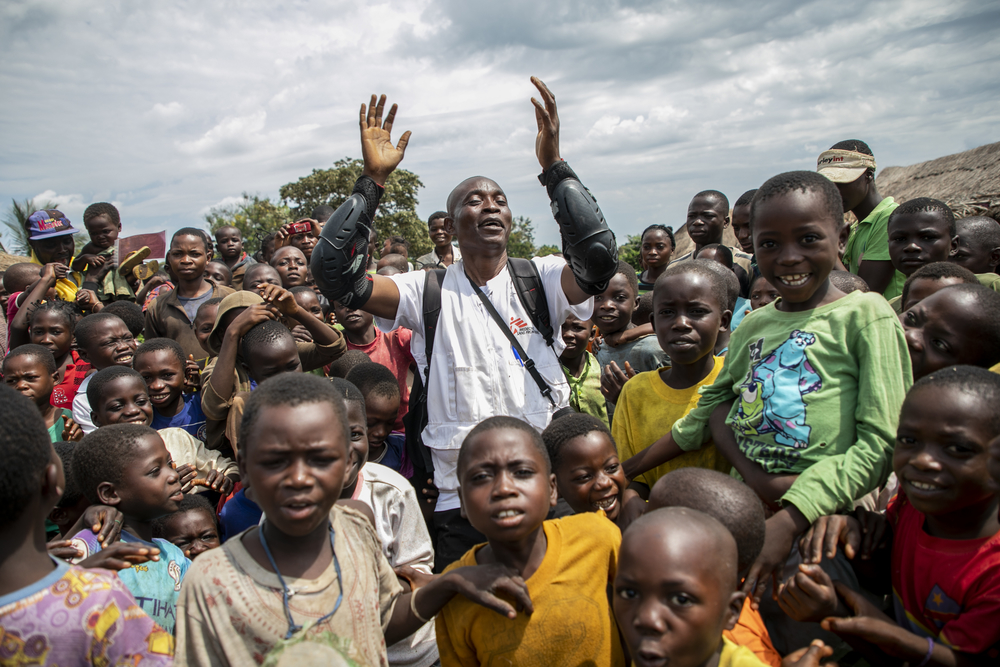
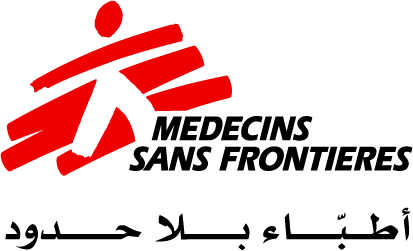
Médecins Sans Frontières/Doctors Without Borders (MSF) 16-Aug-23

In the shadows of the world's most challenging crises, there exists a lifeline, a force for good that defies the odds and brings hope when there seems to be none. Doctors racing against time to reach the forgotten, nurses navigating treacherous terrains to bring relief, and volunteers defying danger to provide a lifeline to those trapped in the depths of despair. Journey with me into the remarkable world of Médecins Sans Frontières/Doctors Without Borders (MSF), where medical aid knows no boundaries and where the battle for a better tomorrow is fought one life at a time.
Who we are
Médecins Sans Frontières/Doctors Without Borders (MSF) was started more than 50 years ago by a small group of doctors who joined an international aid mission to help victims of Nigeria's civil war. They were frustrated by political interference in humanitarian aid and felt they were being silenced when they tried to tell the world about the atrocities they witnessed. Seeking an independent, impartial way to provide care to people in need, they joined a group of French journalists who were committed to the same principles and founded MSF in 1971.
Today, MSF is one of the world's leading medical humanitarian organizations with a movement of 68,000 people, delivering quality healthcare to millions of people each year in more than 70 countries worldwide. At its core, the purpose of our mission is to save lives, relieve suffering, and speak about the plight of people in distress - irrespective of race, religion, creed or political affiliation. Our actions are guided by medical ethics and the principles of impartiality, independence, and neutrality.
We count on the generous support of more than 7 million individual donors worldwide, 97% of our funds comes from private donations, allowing us to act fast to save lives.
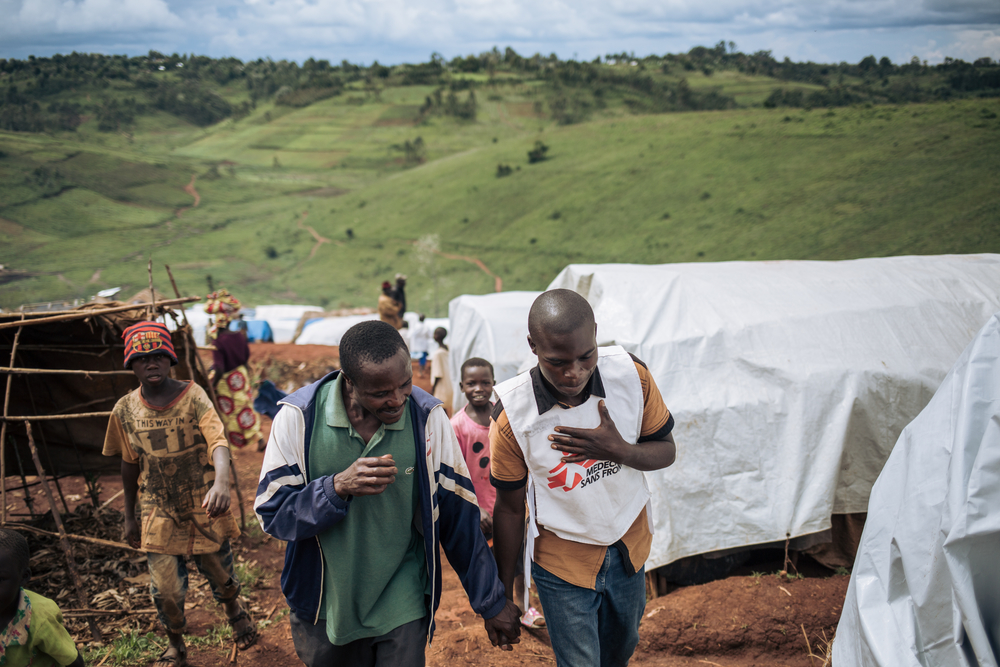
Changing Lives, One Project at a Time
In more than 70 countries, MSF teams provide medical humanitarian assistance to save lives and ease the suffering of people in crisis situations. Let’s look at some of our projects in the region.
Sudan
Large parts of Sudan have experienced ongoing violence, including intense urban warfare, gunfire, shelling and airstrikes. Our teams report that hospitals are overwhelmed, and in some areas, people are unable or too afraid to get to health facilities because the fighting is too intense and/or the facilities have been damaged in the fighting. Since the escalation of violence, we have been working in in 12 states: Khartoum, Kassala, Al-Jazeera, West Darfur, North Darfur, Central Darfur, South Darfur, Red Sea, El-Gedaref, Blue Nile, White Nile and River Nile. Our teams have started new activities in some of these locations, including emergency and surgical care in Khartoum, mobile clinics and relief item distributions in Wad Madani, and water and sanitation activities in Port Sudan.
We have shifted some of our activities to meet people's needs, such as in El Fasher hospital, where we have carried out over 600 surgical operations for both the wounded and women requiring emergency obstetric surgery since 15 April 2023.
Across the border, our teams are providing assistance to refugees in camps in Chad through mobile clinics and assessing refugees’ needs in the Central African Republic and South Sudan.
.jpg)
Palestine
In Gaza, the local healthcare system is overstretched, underfunded and deeply impacted by a 15-year blockade. We provide assistance to people affected by burns and trauma with a multi-disciplinary approach, which can include surgical care, physiotherapy, occupational therapy, health education, and psychosocial support.
In the West Bank, occupation, violence, unemployment, and poverty continue to have a profound impact on the mental health of Palestinians. Our teams offer psychological support in Hebron, Nablus, and Qalqilya.
We provide healthcare services in H2 area, in Hebron city, where Palestinian residents’ movements are subject to restrictions that severely impede their access to healthcare. We also started running mobile clinics to address the health needs of communities in Masafer Yatta, who are facing home demolitions and an increased risk of forcible transfer.
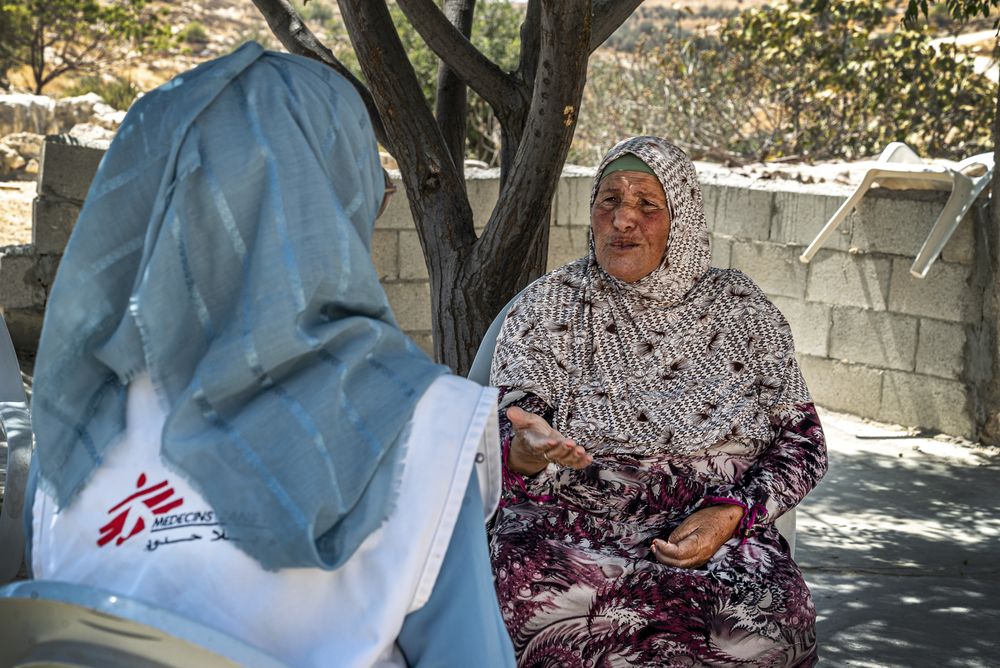
Yemen
After more than eight years of war, the conflict in Yemen continues to take a devastating toll on the Yemeni people. In 2022, our teams worked in 12 hospitals and supported 16 other health facilities across 13 governorates, with a focus on inpatient and emergency care. In 2022, the malnutrition peak started earlier than other years and did not finish until November. MSF-supported facilities were overwhelmed by the high numbers of patients, with over 10,000 receiving treatment over the course of the year. Our teams launched emergency interventions to address the surge in acute malnutrition cases and compounding health complications. During the year, MSF-supported emergency rooms in Yemen treated hundreds of thousands of patients, many with violence-related injuries incurred during the conflict and for emergencies such as obstetric complications. MSF provides support for maternal and child healthcare – assisting with deliveries, including caesarean sections and providing both antenatal and neonatal care. Our teams also provided vaccinations, carried out health promotion and education activities to encourage people to take vaccinations, and also managed disease isolation centers against cholera, diphtheria, measles and whopping cough.
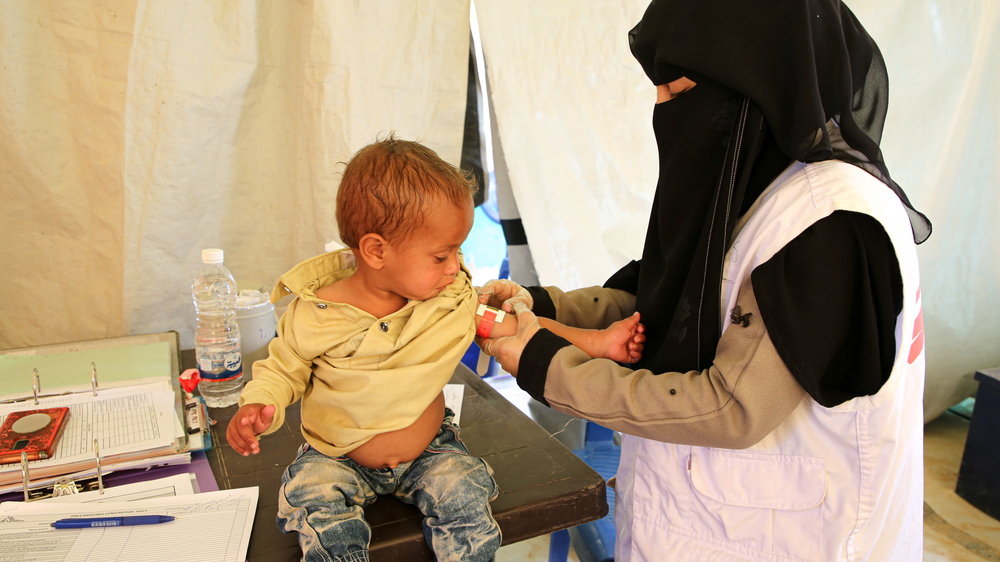
Iraq
After years of conflict and instability, Iraq has started to see some signs of recovery, but its healthcare system is still far from being able to fulfil all the medical needs of people, especially in areas directly affected by the most recent war with the Islamic State group. In 2022, MSF worked in 10 projects across Baghdad, Ninewa, Kirkuk, Erbil and Dhi Qar. We offered a wide range of general and specialist medical services and support to people living in areas affected by the war, returnees from long periods of displacement in camps or other regions of the country, and communities with poor access to healthcare. Services included emergency, maternal and neonatal care, specialist orthopaedic and maternity surgery, comprehensive post-operative rehabilitation and care, treatment for non-communicable diseases, and mental health support. We also provided medical supplies, technical training, and support for emergency preparedness and response in several health facilities across the country.
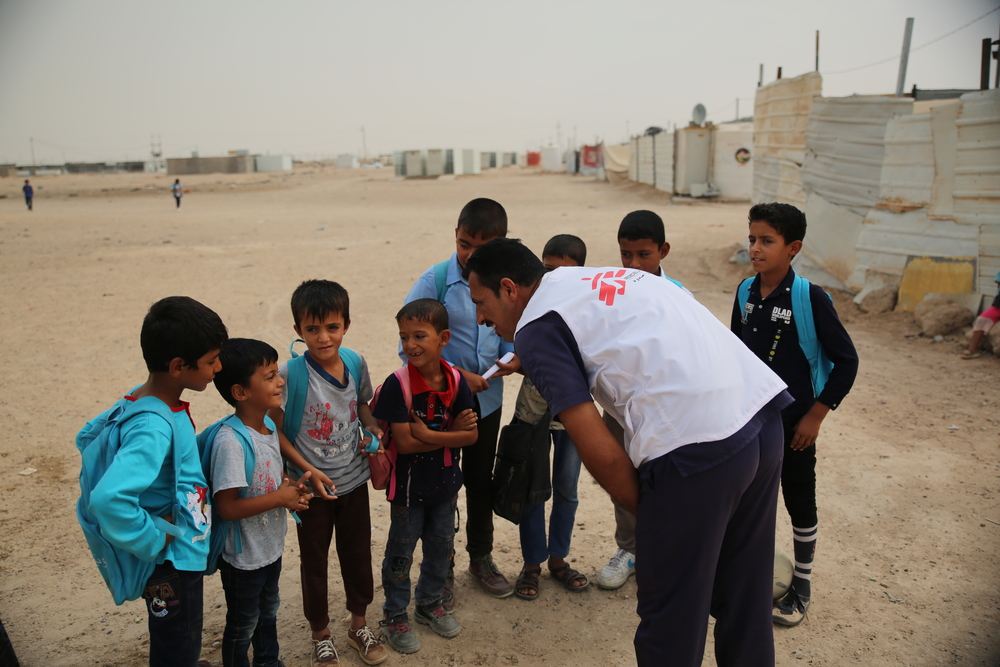
Jordan
In Jordan, MSF offers a comprehensive package of care to war-wounded patients requiring reconstructive surgery. Patients are referred to the hospital from across the Middle East. Our reconstructive surgery programme in the capital, Amman, was first established in 2006 to treat people injured in the Iraq War. With a high level of medical expertise, surgical specialisation, extensive facilities and a holistic approach to care, the hospital is a regional base for the treatment of patients with significantly complicated injuries – primarily from Iraq, Syria, Yemen and Palestine – who could not be treated in their home countries. The programme provides life-changing reconstructive surgery and rehabilitative care for people with orthopaedic injuries, burns, gunshot wounds and other conflict-related injuries, as well as physiotherapy and mental health support.
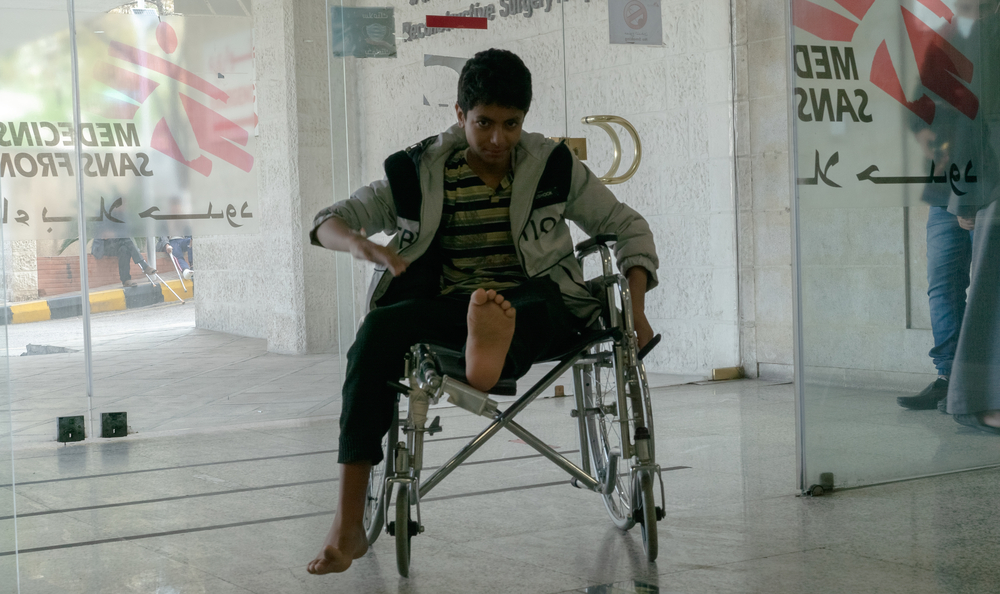
Syria
Following 11 years of war, a record 14.6 million people need humanitarian assistance in Syria. MSF operates in Syria where we can, but ongoing insecurity and access constraints continue to severely limit our ability to provide humanitarian assistance that matches the scale of the needs. Our repeated requests for permission to operate in areas controlled by the Syrian Government have not been granted. In areas where access could be negotiated, such as northwest and northeast Syria, we run and support hospitals and health centres, and we provide healthcare through mobile clinics. Our teams in northwest Syria are also currently responding to the powerful earthquakes that hit the country in February of 2023.
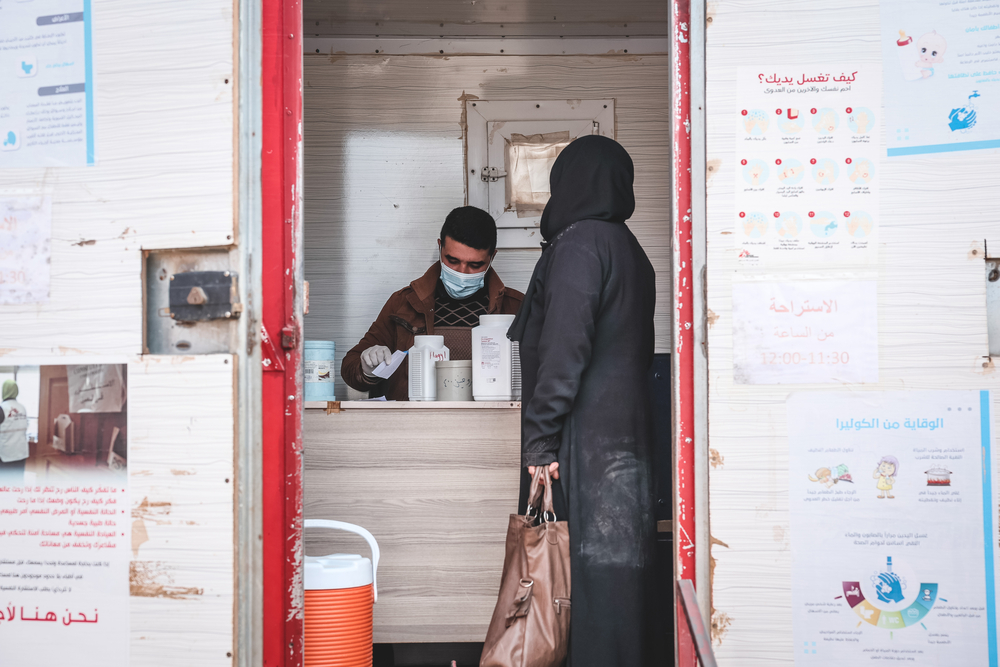
Meet Juana
Juana was just eight months old when her parents tried to flee Mosul, Iraq- which was under siege from the Islamic State group at the time.
In their attempt to escape, the young family hit a landmine- killing Juana’s father instantly, severely injuring Juana’s mother with shrapnel wounds to the chest and lungs and leaving Juana with extreme nerve damage to her left leg.
Unable to leave, Juana’s grandparents tended to them for eighteen days, medicating their fevers and infections with paracetamol, and moving from house to house through a network of basements. They were refused treatment at the local hospitals and Juana’s mother continued to lose blood and energy. They knew that she needed medical treatment desperately.
With no choices left, the family decided to flee again to improve their chances of survival. During this second attempted escape from the city, Juana’s mother and uncle were killed by snipers. She and her grandparents survived.
In Iraq, they sought private treatment for Juana. In addition to the nerve damage, Juana had a cleft palate opening at birth that required surgery. The costly surgery to the damage nerve was unsuccessful, and local doctors refused to operate on the cleft palate. They were then referred to the Reconstructive Surgery Programme (RSP), in Amman, Jordan.
When Juana and her grandmother, Salima, arrived to the Amman Hospital- where she was and is the youngest patient, at two years old- she weighed just under 8 kilos. She was not walking; she was not sleeping; she was not eating; and she was not laughing.
After several orthopedic surgeries, surgery on her cleft palate, and physiotherapy with her favourite therapist Yazan, Juana is now standing with the support of a walker and has taken her first steps at the RSP. With the help of a speech therapist, she is also speaking her first words- ‘mama’, which she directs to her grandmother.
Without the support and generosity of our donors, Juana would not have access to the medical care she receives in RSP.
Day by day, Juana is evolving into an inquisitive, playful, social, and loving child. She no longer chooses to isolate herself, and no longer clings onto her grandmother in tears. Juana takes great pleasure in making the morning rounds through the hospital wards, waving and greeting all those who cross her path on the way to the playground, where she can easily spend all day on the swings, making friends and new childhood memories.

MSF X YallaGive
YallaGive has been a crucial ally in advancing MSF’s initiatives and supporting our fundraising campaigns in the UAE. With a seamless and user-friendly interface, YallaGive has effectively connected the compassionate hearts of donors with MSF's critical mission. By providing a digital avenue for individuals to contribute, YallaGive has transformed the act of giving into a global movement, enabling countless supporters to rally behind MSF's projects around the world. YallaGive also makes it incredibly simple for our supports to create their own fundraising campaigns and rally their network to raise funds for our projects.
During the month of Ramadan, Noor Same, a remarkable 6-year-old, helped raise funds for our Ramadan campaign in support of Syria and Türkiye following the devastating earthquakes. She laced up her sneakers and ran a remarkable 5km in her neighborhood. Through YallaGive, she was able to create her own individual fundraising campaign and share the campaign page with her friends, family, and relatives.
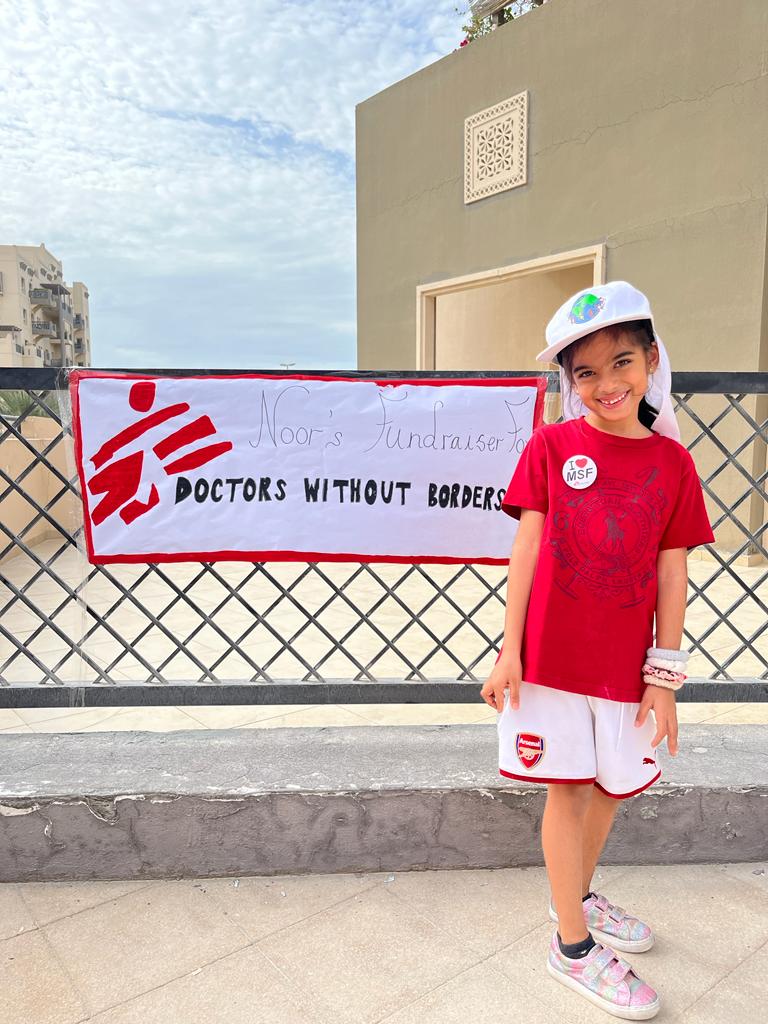
Join our community
There are many ways for you to support MSF with fundraising, from engaging your colleagues or group of friends in athletic and community events to dedicating your birthday or any celebration to MSFs lifesaving work around the world.